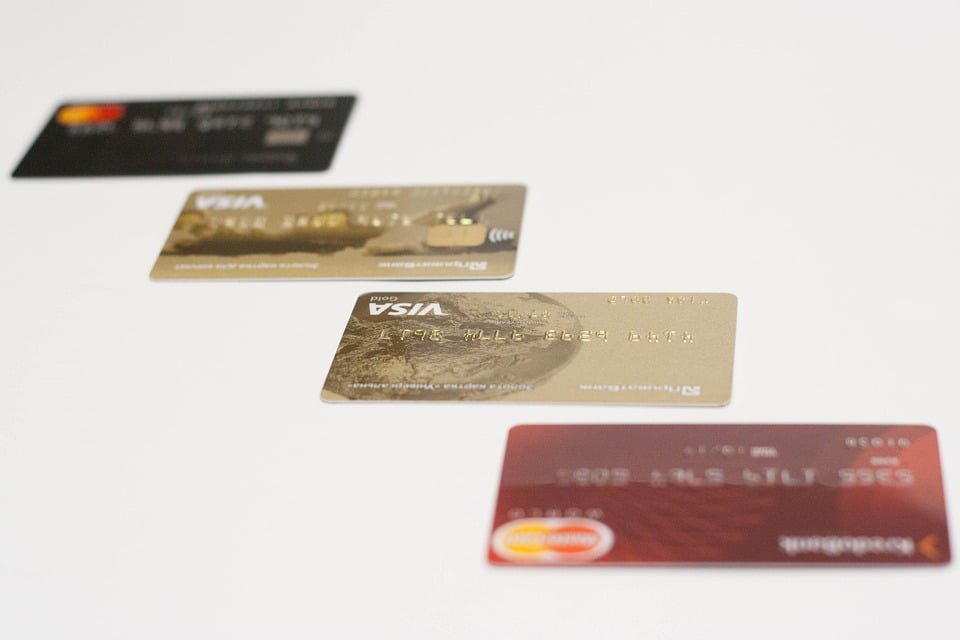Introduction
Debt can be a significant barrier to financial success and stressor in many people’s lives. However, with the right strategies and tips, you can achieve debt relief and move towards a more financially secure future. In this guide, we will explore various techniques and resources to help you tackle your debt effectively.
Understanding Your Debt
The first step in achieving debt relief is understanding the scope of your debt. Make a list of all your debts, including the total amount owed, interest rates, and minimum monthly payments. This will give you a clear picture of your financial situation and help you prioritize which debts to tackle first.
Creating a Budget
Once you have a comprehensive list of your debts, it’s important to create a budget to track your income and expenses. By carefully monitoring your spending habits, you can identify areas where you can cut back and allocate more funds towards paying off your debt.
Debt Consolidation
If you have multiple high-interest debts, consider consolidating them into a single loan with a lower interest rate. Debt consolidation can simplify your payments and potentially save you money on interest payments over time.
Debt Snowball Method
The debt snowball method involves paying off your smallest debts first while making minimum payments on larger debts. As you eliminate smaller debts, you can snowball the payments towards larger debts, accelerating your debt payoff progress.
Debt Avalanche Method
Alternatively, the debt avalanche method focuses on paying off debts with the highest interest rates first. By tackling high-interest debts aggressively, you can save money on interest payments and pay off your debts faster.
Seeking Professional Help
If you are overwhelmed by your debt and struggling to make payments, consider seeking help from a credit counseling agency or debt relief organization. These professionals can provide personalized advice and assistance in negotiating with creditors.
Debt Settlement
Debt settlement involves negotiating with creditors to settle your debts for less than the full amount owed. While debt settlement can provide significant debt relief, it can also have a negative impact on your credit score. Consider the pros and cons carefully before pursuing this option.
Increasing Your Income
To accelerate your debt payoff progress, consider increasing your income through side gigs, freelance work, or a part-time job. By earning extra money, you can allocate more funds towards paying off your debts and achieve financial freedom sooner.
Staying Motivated
Debt relief is a marathon, not a sprint. It’s important to stay motivated and focused on your financial goals, even when faced with challenges or setbacks. Celebrate small victories along the way and remind yourself of the benefits of becoming debt-free.
Conclusion
By implementing the tips and strategies outlined in this guide, you can take control of your debt and move towards a brighter financial future. Remember that achieving debt relief is a process that requires dedication, discipline, and perseverance. With the right mindset and resources, you can overcome your debt burden and achieve financial freedom.
FAQs
1. How long does it take to achieve debt relief?
The timeline for achieving debt relief varies depending on your individual financial situation and the strategies you implement. With dedication and diligence, you can make significant progress in as little as a few months to a few years.
2. Will debt relief affect my credit score?
Some debt relief strategies, such as debt settlement, can have a negative impact on your credit score. However, by paying off your debts in full and on time, you can improve your credit score over time.
3. Is debt consolidation a good option for me?
Debt consolidation can be a helpful option for individuals with multiple high-interest debts. By consolidating your debts into a single loan with a lower interest rate, you can simplify your payments and save money on interest payments.
4. How can I stay motivated during the debt relief process?
Setting small, achievable goals and celebrating milestones along the way can help you stay motivated during the debt relief process. Remember the benefits of becoming debt-free and stay focused on your long-term financial goals.
5. Should I consider bankruptcy as a debt relief option?
Bankruptcy should be considered as a last resort for individuals who are unable to repay their debts through other means. Consult with a bankruptcy attorney to discuss your options and determine if bankruptcy is the right choice for your financial situation.













